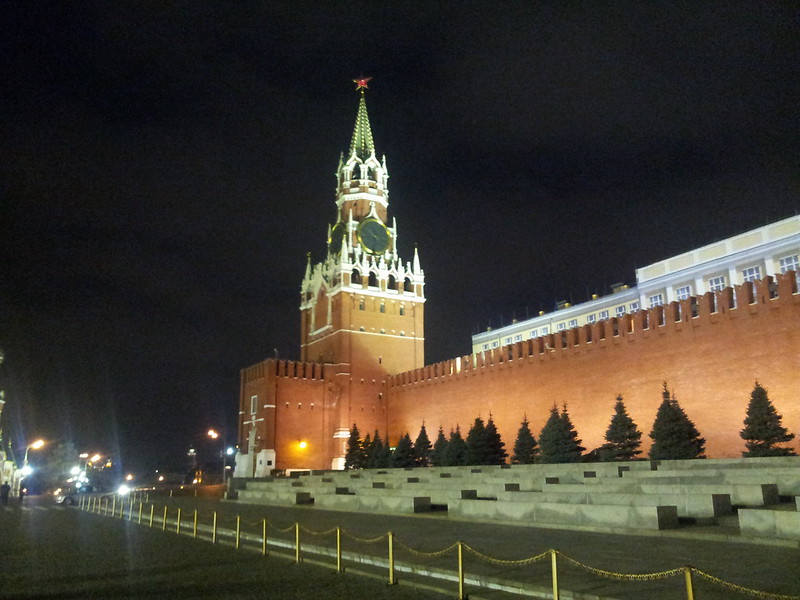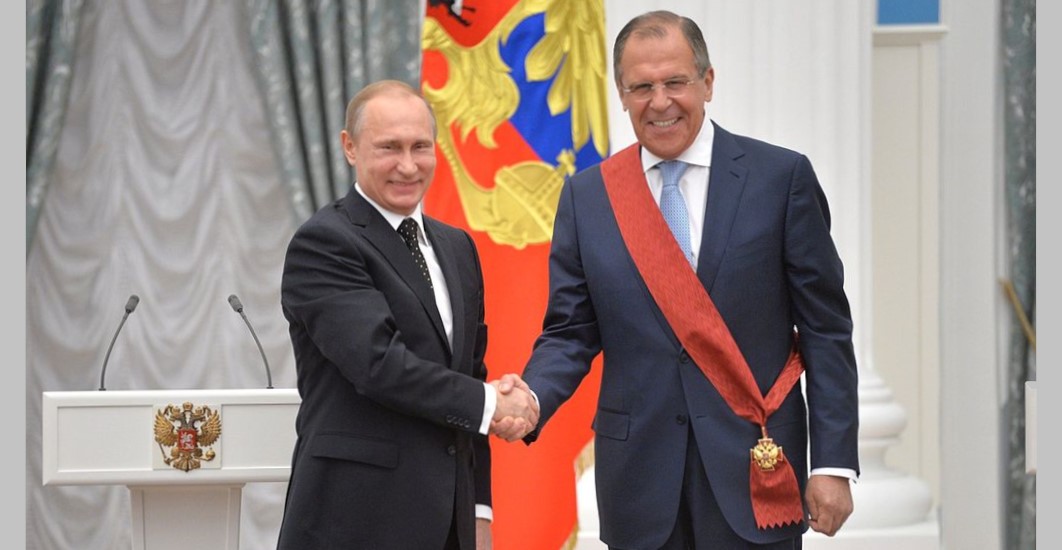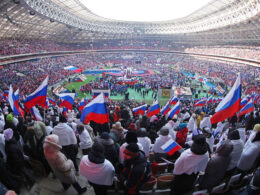The US-based Institute for the Study of War (ISW) reports that Russian President Vladimir Putin remains committed to the war in Ukraine despite growing domestic pressure, showing no indication of him rethinking "his determination to compel Ukraine to surrender."
Russian President Vladimir Putin remains committed to the war in Ukraine despite mounting domestic pressure, showing no signs of reconsidering his goal of forcing Ukraine to surrender, ISW says.
Putin and Kremlin officials continue to uphold their original war aims in Ukraine, citing "denazification," "demilitarization," and blocking Ukraine from joining security alliances, despite Russia's failure to achieve military victory over the past three years.
"Putin does not appear deterred by the idea of protracting the war further despite suffering significant and likely unsustainable personnel and matériel losses over the last three years," ISW says.
ISW recently noted that Russia's military is advancing under the assumption of an indefinite war, prioritizing endurance over rapid gains. At the current pace, capturing the remaining 80% of Ukraine would take over 83 years - an unsustainable scenario.
"Putin has articulated a theory of victory, however, that assumes that Russia can outlast Ukraine and the West and continue to advance on the battlefield until Russia defeats Ukraine," the think tank says.
Putin’s rejection of a peace deal with Ukraine signals his intent to prolong the war. He continues to assure Russia’s military and society that the war will not end until Ukraine fully surrenders, despite his gestures toward peace talks with Western leaders, ISW says.
Russian officials reiterate that Moscow Russia only stop war under terms favorable to Kremlin
The Kremlin has ruled out a ceasefire in Ukraine unless Kyiv and the West agree to total capitulation, according to statements by top Russian officials on 24 February. Russian Foreign Minister Sergei Lavrov emphasized that any peace agreement must reflect the "realities" of the battlefield and permanently bar Ukraine from NATO membership.
Russian Deputy Foreign Minister Sergei Ryabkov reinforced Lavrov’s position, telling RIA Novosti that any ceasefire without addressing the war’s "root causes" would only lead to renewed conflict. He cited NATO’s post-1991 eastward expansion as a core issue, echoing previous Kremlin claims that Western policies triggered the war.
Lavrov reiterated that Moscow would only end military operations if a peace settlement fully aligns with Russia’s strategic objectives. Russian state media Channel One (Pervyi Kanal) summarized his statements, emphasizing that "[Russia] will only end combat operations" under conditions that serve Russian interests.
The Kremlin continues to insist that Ukraine must withdraw from territories currently under Kyiv’s control in Donetsk, Luhansk, Zaporizhzhia, and Kherson oblasts. Ryabkov stated that Russian President Vladimir Putin’s June 2024 demands - including Ukraine’s full retreat from these regions and permanent abandonment of NATO aspirations - constitute a "significant compromise" that should serve as a basis for future negotiations. Despite presenting these demands as "balanced," Russia offers no reciprocal concessions.
ISW has "previously noted that Ukrainian authorities rejected the 2022 Istanbul protocol as its terms effectively amounted to a full Ukrainian surrender, and Ukrainian authorities are likely to reject any future ceasefire or peace agreement that amounts to the same."
Related:
- Zeit: US, Russia to hold second meeting behind Ukraine, EU’s backs today
- Trump says he may visit Moscow, not on 9 May but “within weeks”
- ISW: Poll shows Russians increasingly support war on Ukraine despite economic toll
- War in Ukraine could end “within weeks,” Trump claims





